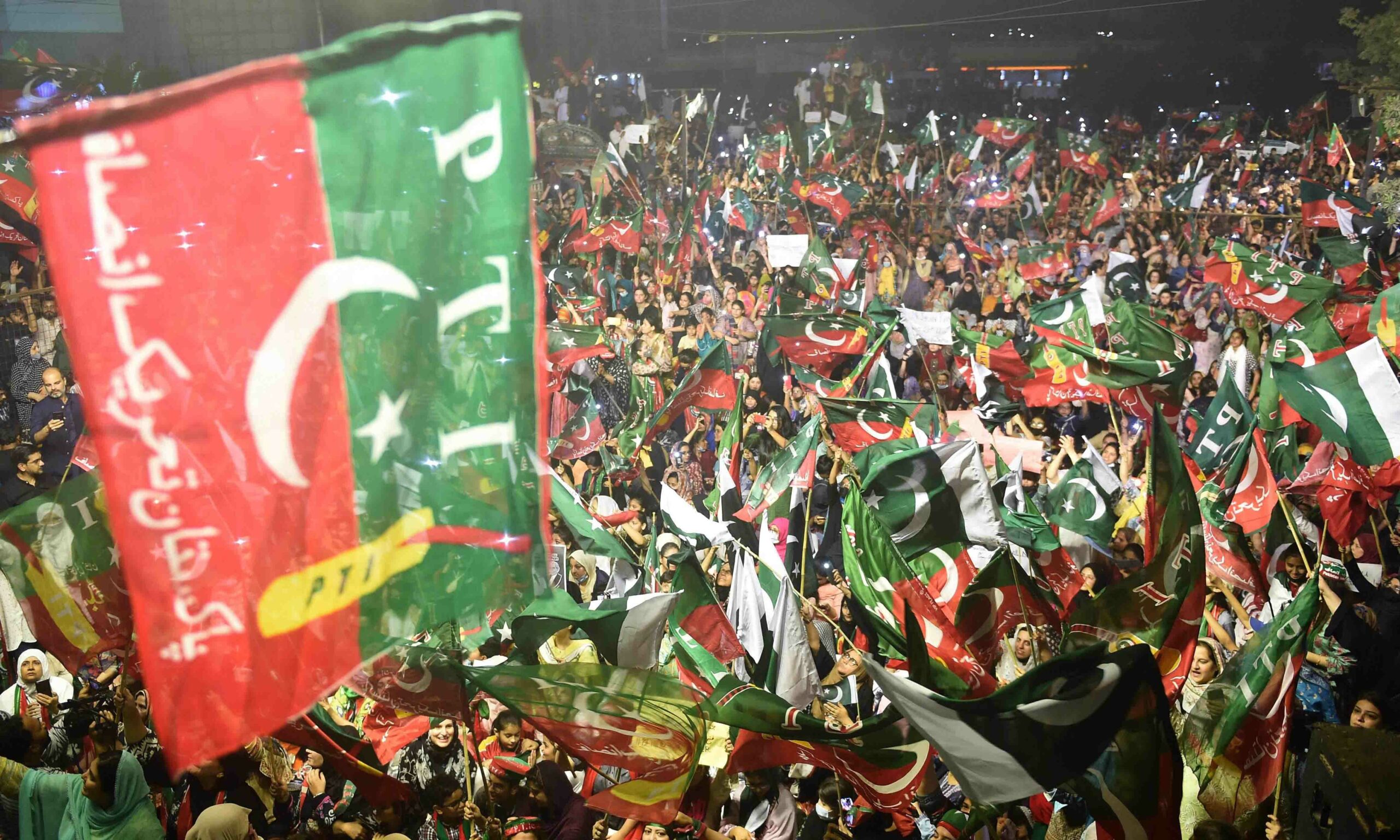Editorial
Pakistan Tehreek-e-Insaf (PTI) has adopted a delegated protest model, moving away from traditional long marches on Islamabad. Instead of centralizing political pressure in a single rally, PTI has dispersed demonstrations across districts, cities, and rural regions. This decentralized approach not only reduces logistical costs but also weakens the government’s ability to suppress protests through containers, roadblocks, and mass arrests. By empowering local cadres, PTI is cultivating a sustainable grassroots movement that can operate independently of central leadership constraints.
Follow Republic Policy on Website
Traditional long marches concentrate supporters in one location, giving the government a clear target for crackdowns. Authorities often respond with transport restrictions, police detentions, and media blackouts, which diminish the momentum of the protest. In contrast, the delegated model distributes demonstrations across multiple regions, forcing the state to spread its security resources thin. This not only keeps the protest visible but also strengthens PTI’s organizational resilience in politically sensitive times.
Follow Republic Policy on YouTube
The success of this strategy depends on robust local leadership and synchronized messaging. PTI must ensure that each district-level protest aligns with the party’s national narrative, legal framework, and social media campaigns. Without proper coordination, fragmented protests risk losing political significance. Additionally, the government may adopt selective, district-level crackdowns, which could weaken morale if local units are not adequately supported by the central organization.
Follow Republic Policy on Twitter
Another advantage of this decentralized model is cost efficiency and community engagement. Organizing a single large march to Islamabad requires enormous resources, including transportation, food, accommodation, and security arrangements for thousands of participants. The delegated model minimizes these expenses while allowing local activists to engage with their communities directly, maintaining political visibility with far fewer resources. This approach also allows PTI to test its support base in multiple regions simultaneously, offering valuable insights into electoral preparedness.
Follow Republic Policy on Facebook
However, the delegated model should not be seen as a substitute for political negotiation or policy advocacy. Sustainable protest movements require a comprehensive strategy combining legal measures, parliamentary participation, and media outreach. PTI should leverage its decentralized activism to open political dialogue, present legislative reforms, and maintain pressure through both political and legal channels. In doing so, it can transform spontaneous street energy into measurable political gains.
Follow Republic Policy on Instagram
From a broader democratic perspective, PTI’s decentralized protest strategy reflects an evolution of political activism in Pakistan. Rather than staging episodic long marches that often escalate into confrontations, the party is now building a continuous, community-rooted model of resistance. This form of political engagement encourages self-reliance, strengthens local leadership, and cultivates a culture of sustained civic participation—key elements for a resilient democratic system.
Follow Republic Policy on TikTok
If executed with discipline and clarity, the delegated protest model could become a blueprint for opposition politics in Pakistan. It provides a mechanism to maintain political visibility without over-reliance on one-off spectacles, all while fostering organizational depth at the grassroots level. For PTI, this strategy offers a pathway to long-term relevance and adaptability in an increasingly complex political landscape.
Follow Republic Policy on WhatsApp Channel
















